Iran’s new FM stresses ‘full coordination’ with armed forces to respond to Israel
Iranian Foreign Minister Abbas Araghchi says there exists close coordination between the country’s diplomatic and military bodies in order to take revenge against the Israeli assassination of Ismail Haniyeh, the Palestinian Hamas resistance movement’s former political bureau chief, in Tehran.
Araghchi made the remarks on Saturday while speaking to reporters after visiting the burial place of the late Iranian Foreign Minister Hossein Amir-Abdollahian in southern Tehran.
“The issue of resistance is among the fundamentals of the Islamic Republic of Iran’s foreign policy. This has always been the case in the past and will be in the future. Our bond with the Axis of Resistance is a strong one. We will utilize all our capacities to support the Axis of Resistance and support oppressed Palestinians, especially those in Gaza,” the top Iranian diplomat said.
He stressed that Amir-Abdollahian actively promoted synergy between the battlefield and diplomacy, arguing that one of the perfect cases of correlation between these two topics materialized in Operation True Promise, which Iran’s Islamic Revolution Guards Corps (IRGC) carried out the Israeli-occupied territories on April 14.
The IRGC carried out the operation after the Israeli attack on April 1 against the Iranian consulate in Damascus, located next to the embassy building in Damascus’s Mezzeh district.
“Not only did the operation serve as Iran’s response to the Zionist regime’s crimes, it also averted the spread of war in the region that Israel sought,” the foreign minister said.
Araghchi noted that the same situation will happen again in response to Haniyeh’s targeted killing in Tehran, emphasizing the full coordination between the Iranian Foreign Ministry and armed forces.
“Diplomacy and the battlefield are complementary. God willing, we will move in such a way that the country’s national interests, full security, and national dignity will be completely fulfilled,” he stated.
Haniyeh, who was in Tehran to attend the swearing-in ceremony of Iran’s newly-elected President Masoud Pezeshkian, alongside other Axis of Resistance leaders, was martyred along with his bodyguard, in an attack early on July 31.
Leader of the Islamic Revolution Ayatollah Seyyed Ali Khamenei has warned the Israeli regime of a “harsh response” for Haniyeh’s assassination, calling it the Islamic Republic’s duty to avenge the Palestinian resistance leader’s blood.
Elsewhere in his remarks on Saturday, Araghchi touched upon the talks on the revival of the 2015 nuclear deal, stating that the negotiations and subsequent elimination of anti-Iran sanctions will be conducted through dignified and upright channels.
“Neither are we in a hurry nor will there be unnecessary delays. We are starting consultations with different parties. God willing, we can serve the interests of the Iranian nation,” he said.
The Joint Comprehensive Plan of Action, or JCPOA, was a multilateral international agreement signed between Iran and five permanent members of the United Nations Security Council plus Germany in 2015, which required Iran to scale back some of its nuclear activities in return for the lifting of cruel sanctions imposed on the country, especially by the United States.
However, former US President Donald Trump pulled Washington out of the UNSC-endorsed agreement in May 2018, imposing severe economic sanctions against Tehran while Iran was adhering to its commitments under the deal and even continued to do so for a year after the US withdrawal.
Tehran started to reduce its commitments under the JCPOA in a series of pre-announced and clear steps after witnessing the other parties’ failure to secure its interests under the agreement.
Yemeni missile strikes chaos, mayhem into central Tel Aviv; triggers stampede that injures 20
VIDEO | 444 days of ethnic cleansing
VIDEO | Bethlehem's Christmas dimmed by war, restrictions
Israel admits assassinating Hamas leader, vows to inflict same fate on Yemeni fighters, people
VIDEO | Yemeni forces repel US-British attack, down F-18 Jet
Iran’s capabilities vast; enemy’s ‘maximum pressure’ policies all failed miserably: Senior official
Iran’s economy grew 2.7% y/y in Sep quarter: CBI
VIDEO | Freelancers in Gaza strive to stay online amid genocide


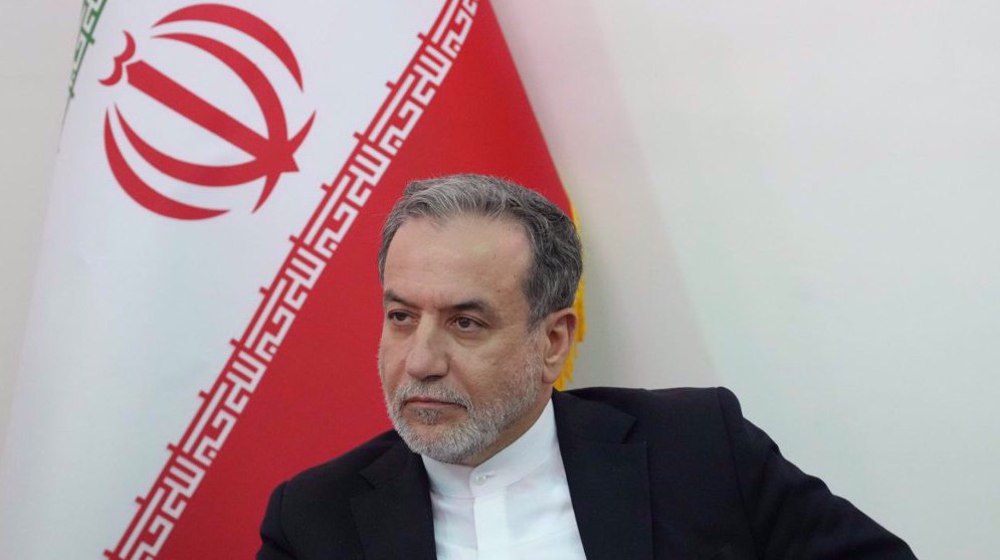
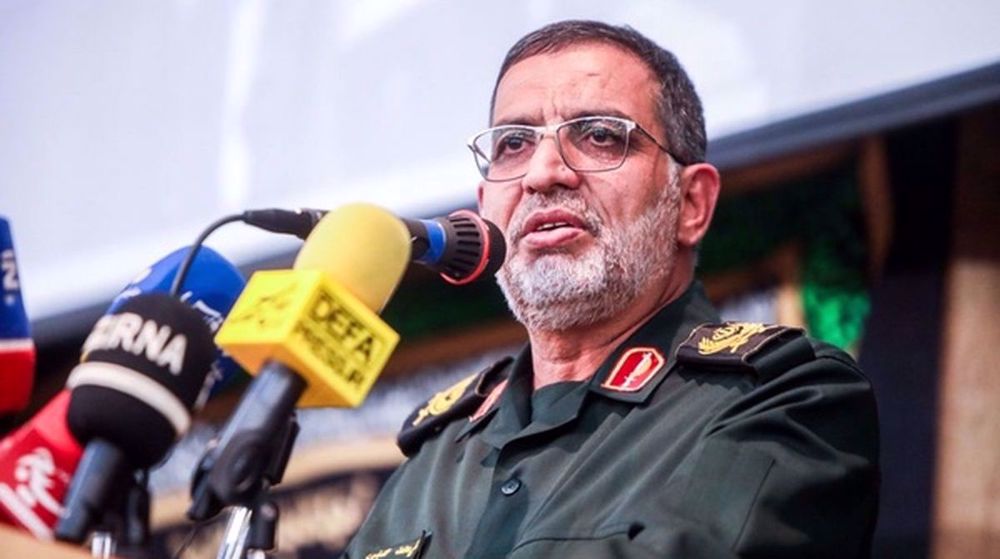
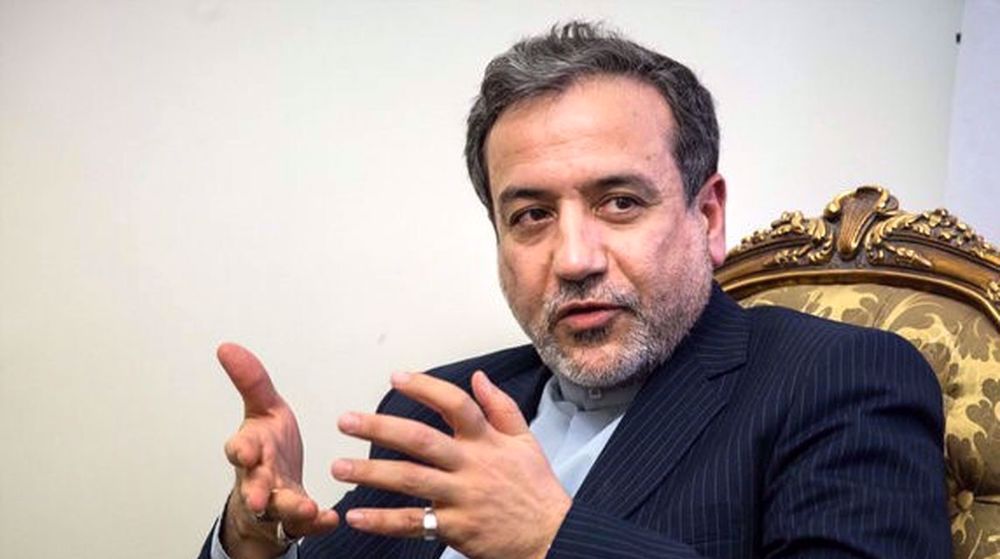
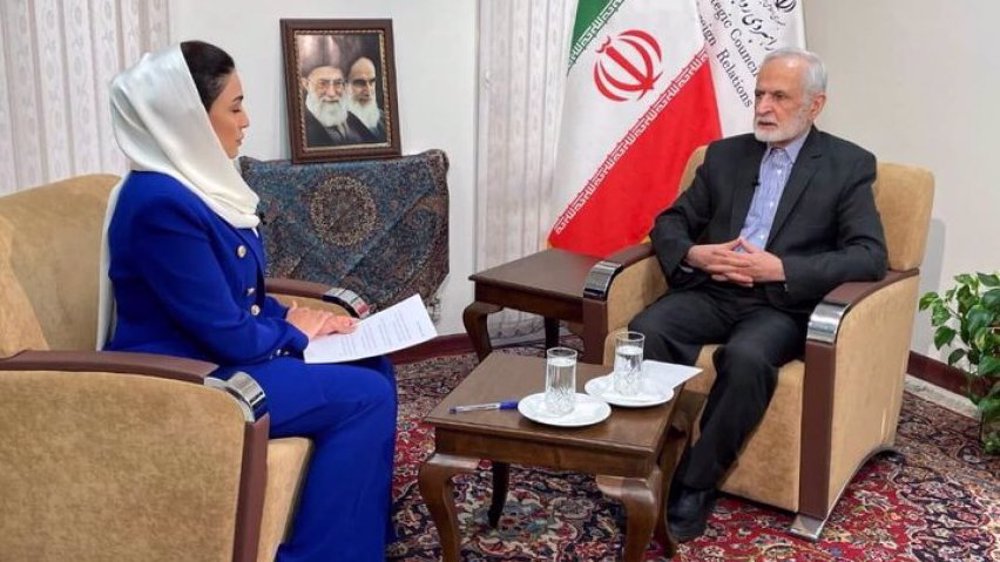
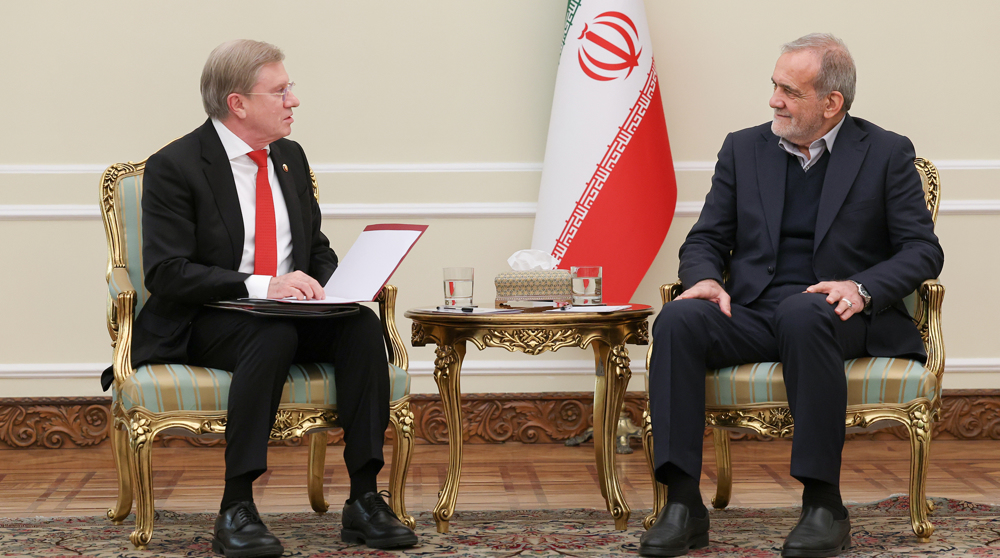
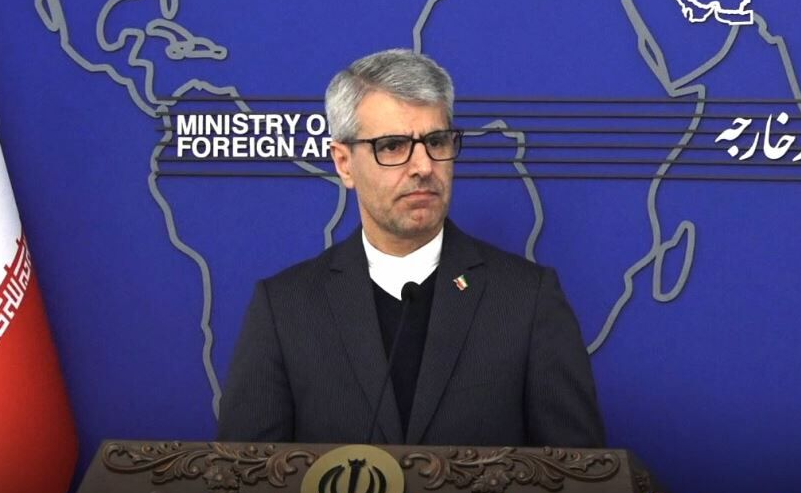



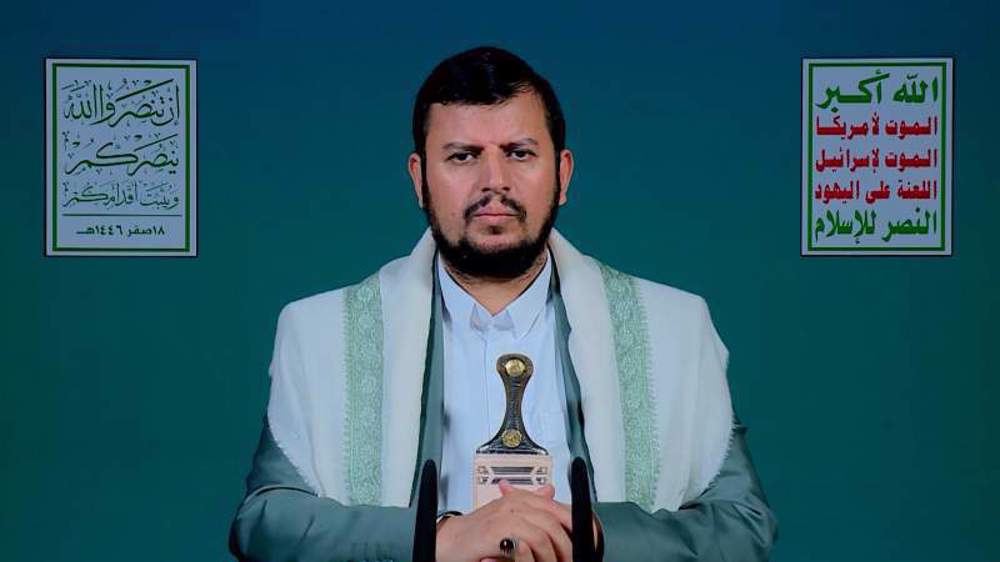
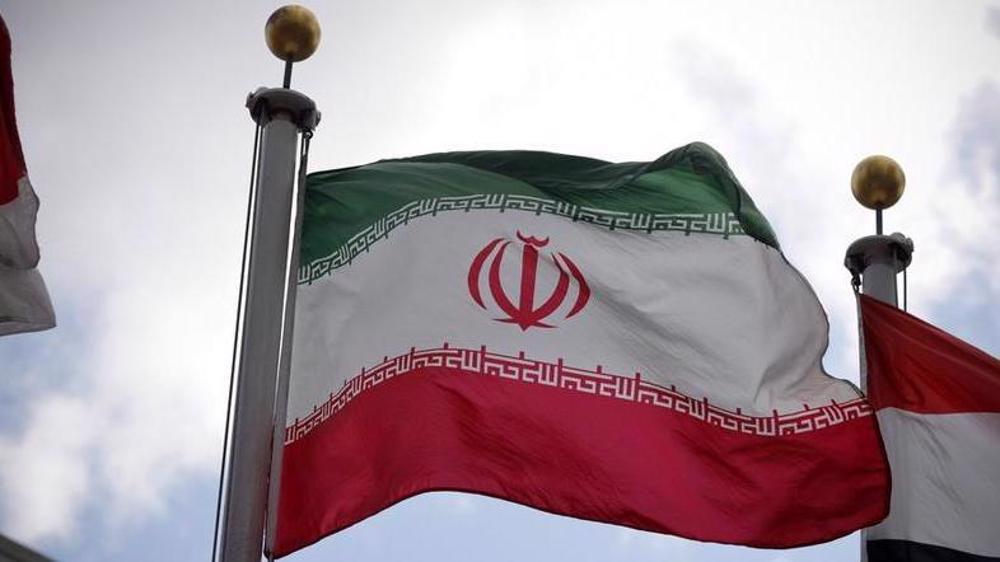
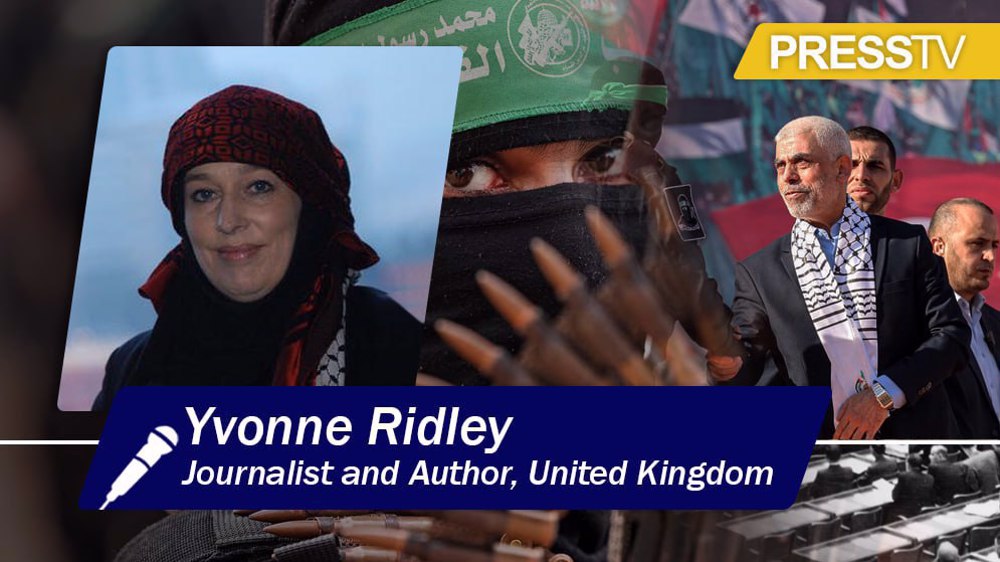
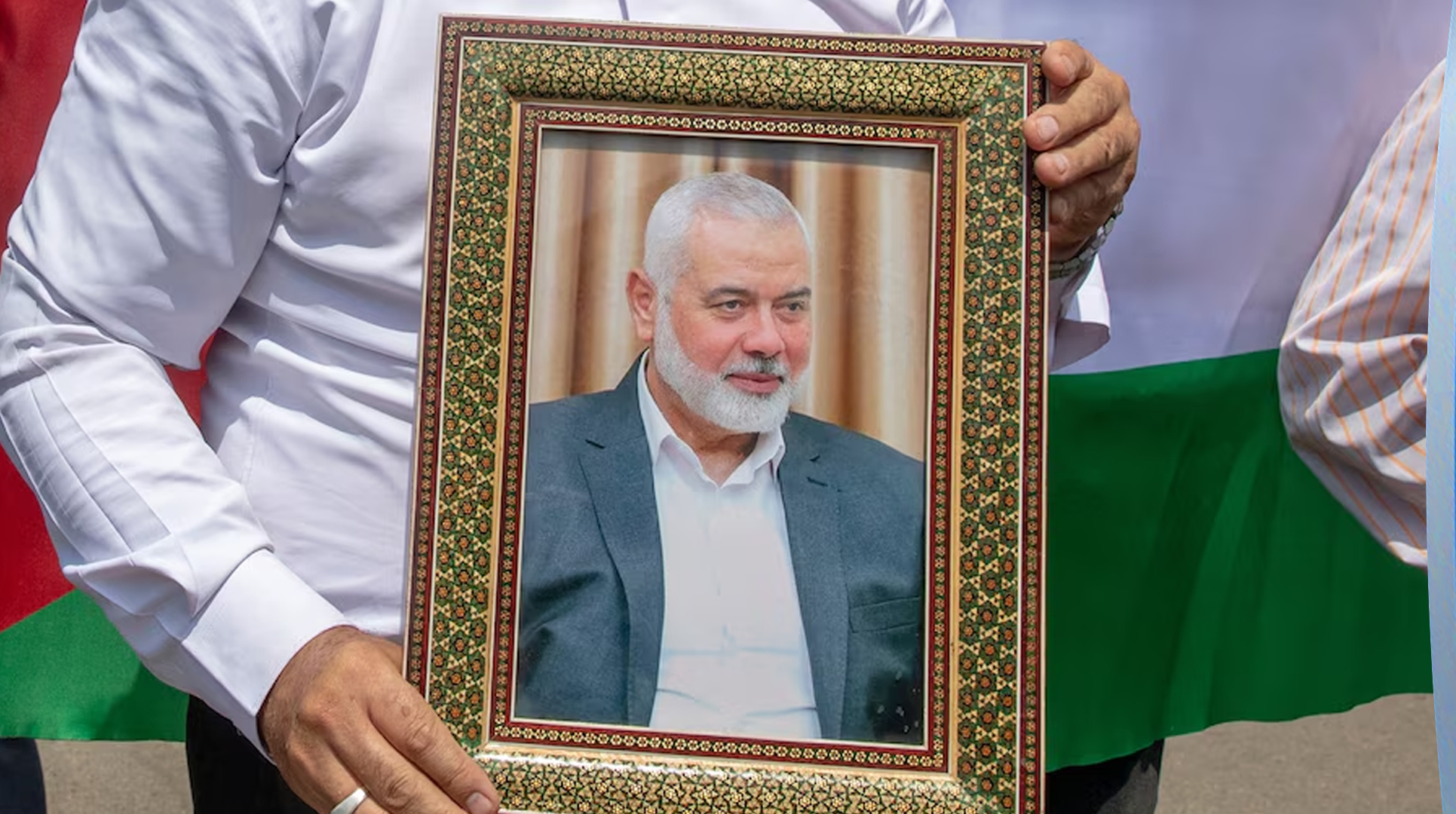
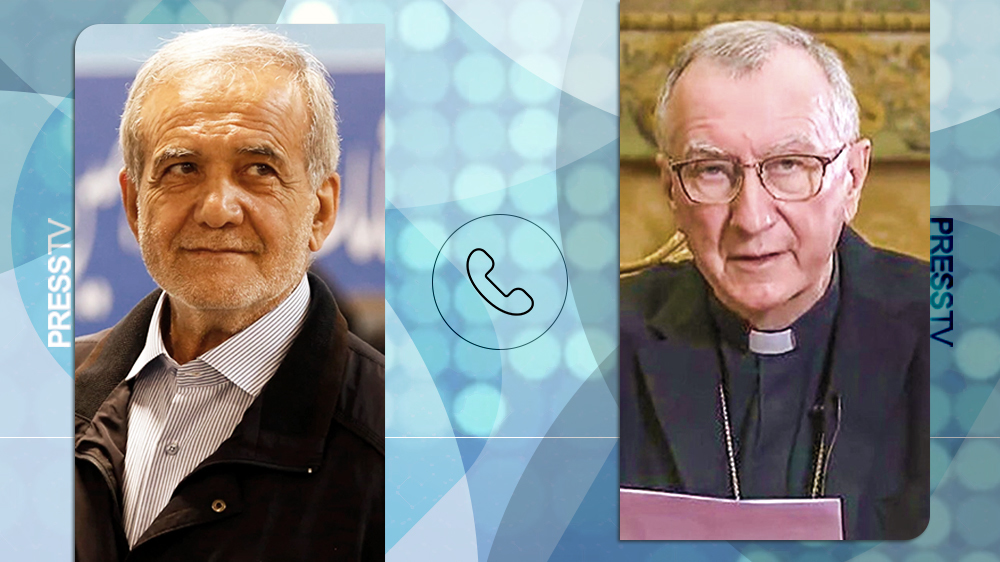
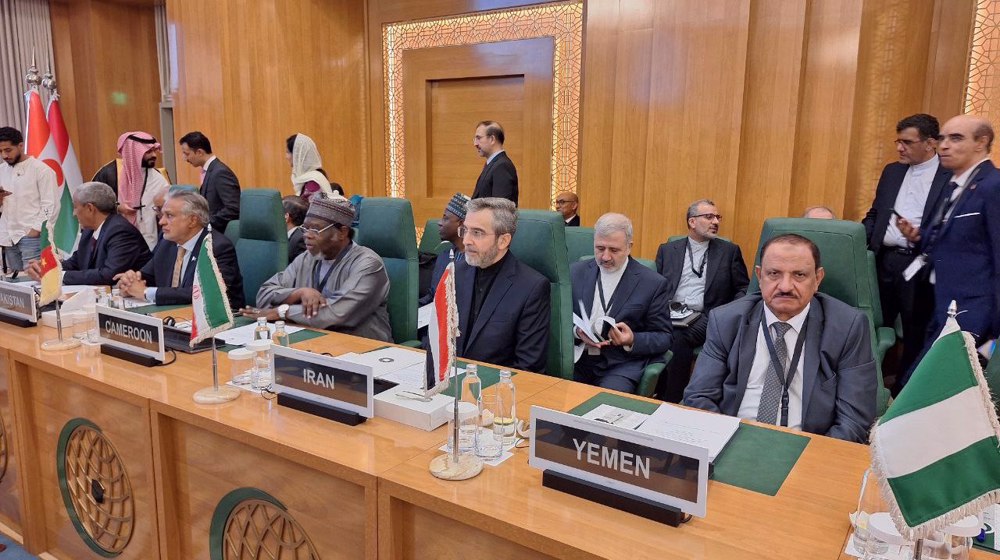
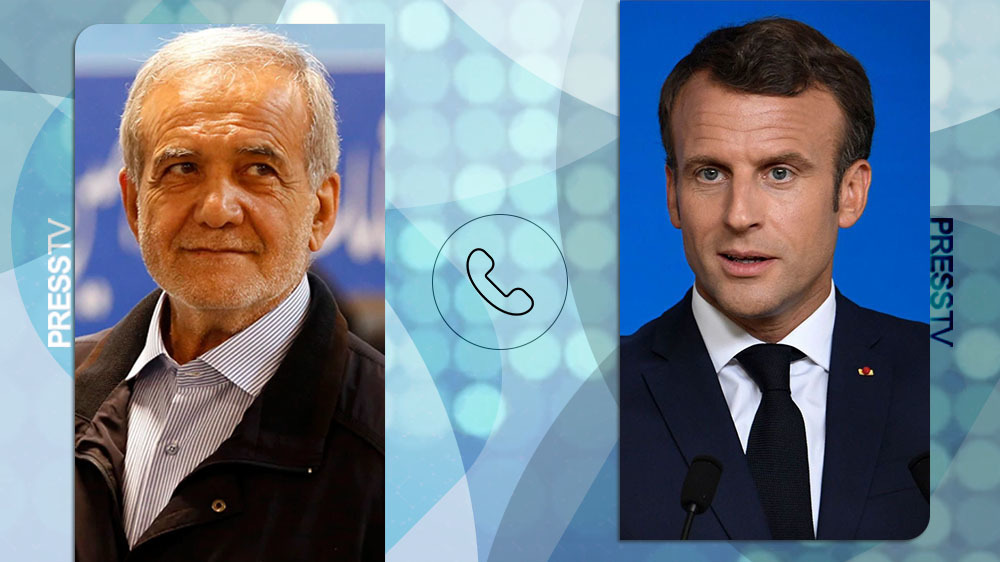

 This makes it easy to access the Press TV website
This makes it easy to access the Press TV website